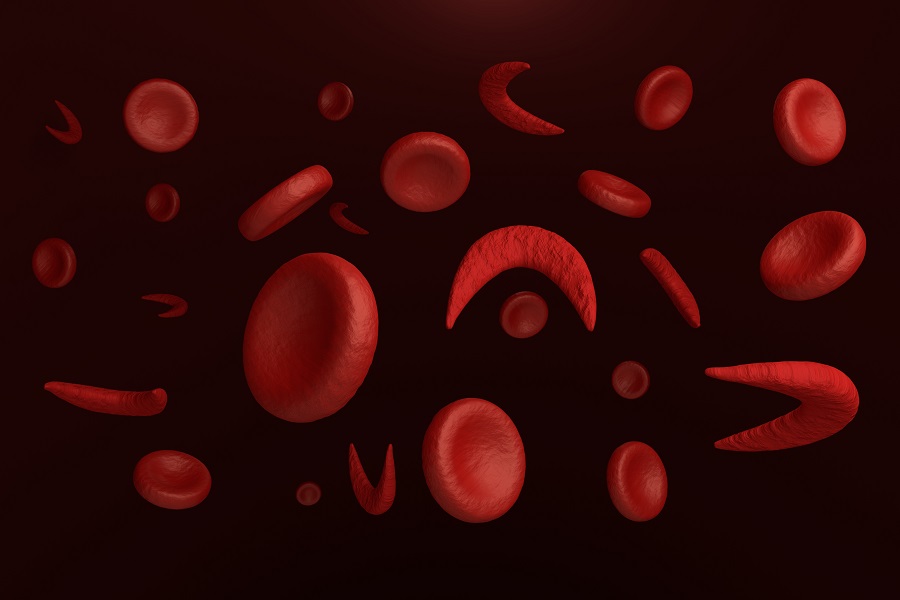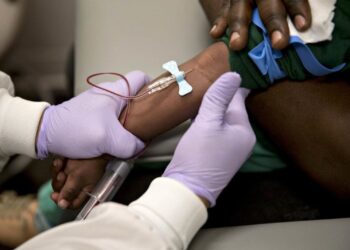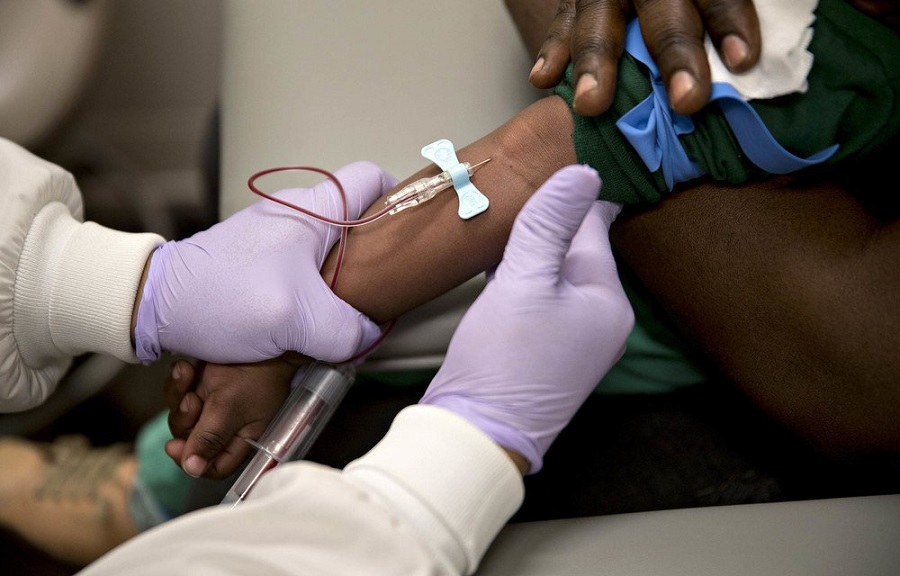The National Health Service (NHS) has approved a groundbreaking £1.65 million treatment for sickle cell disease in England, offering patients a promising 96.6% cure rate.
The new therapy, hailed as a major breakthrough, is expected to transform the lives of individuals battling inherited blood disorders by providing a long-term solution to the painful and life-threatening condition.
The new treatment, exa-cel, is designed for patients with severe sickle cell disease who qualify for a stem cell transplant but do not have a matched donor.
Approximately 50 patients, including older children and adults, are expected to benefit from this cutting-edge therapy each year in England.
Eligibility and disease prevalence in England
According to the National Health Service (NHS) , around 17,000 people in England are living with sickle cell disease. Of those, approximately 4,000 are believed to be eligible for the new treatment.
Clinical trials for exa-cel have demonstrated that the therapy can prevent painful sickle cell crises, which occur when blood vessels become blocked. Researchers found a “functional cure” in 96.6% of participants who received the treatment.
Overcoming initial hurdles
Despite initial rejection by the National Institute for Health and Care Excellence (NICE) last March due to insufficient evidence, the approval now represents a major breakthrough in the treatment of sickle cell disease.
“This represents a monumental step forward in the treatment of people with sickle cell disorder, which mostly affects people of Black African and Black Caribbean heritage. This groundbreaking therapy, available on the National Health Service (NHS), represents a very real prospect of a cure for this devastating disorder,” said Prof. Bola Owolabi, Director of the National Healthcare Inequalities Improvement Programme at NHS England, in an interview with The Guardian.
Owolabi emphasized the National Health Service’s commitment to rolling out innovative treatments to address healthcare inequalities. “This cutting-edge therapy could give patients facing severe sickle cell disorder the hope of a much brighter future.”
What You Should Know
Sickle cell disease is a pressing global health issue, particularly in Nigeria, which has the highest population of sickle cell sufferers worldwide.
- Over 4.3 million Nigerians are affected, with an estimated 150,000 newborns diagnosed annually. As the epicenter of the disease, Nigeria’s public health system faces immense challenges in managing the growing burden.
- Sickle cell disease causes blood cells to become crescent-shaped, restricting blood flow and leading to severe pain that may require hospitalization. It can reduce life expectancy by 20 to 30 years.
The hope for a cure through gene therapy, such as exa-cel, could have far-reaching implications for patients and healthcare systems in Nigeria, where the disease continues to pose a significant public health crisis.
A step towards global innovation
The promising results of exa-cel could pave the way for increased global attention and innovation in sickle cell treatment, particularly in regions like Nigeria where the disease is more prevalent.
With the National Health Services’ approval of this cutting-edge treatment, the fight against sickle cell disease takes a significant step forward, offering hope for a future where patients no longer have to endure the severe pain and risks associated with the condition.






















